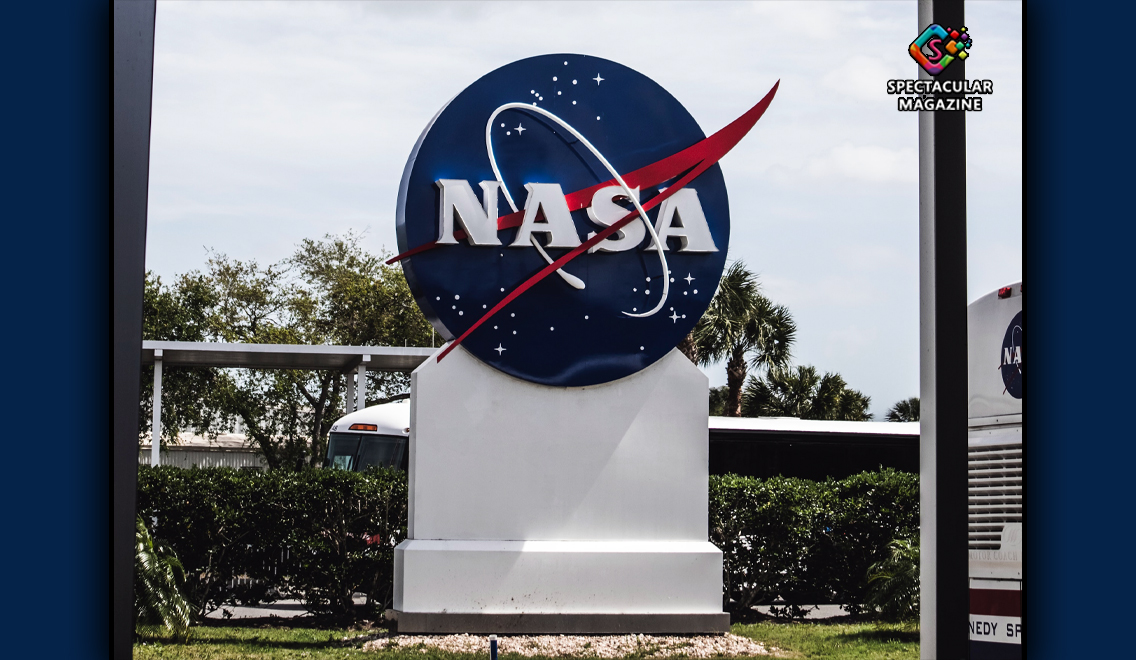NCCU Receives $1.4 Million, Three-Year Grant From NASA
DURHAM, NC – North Carolina Central University (NCCU) has been awarded $1.4 million to participate in a program designed for historically Black college and university (HBCU) students and faculty to conduct innovative data science studies that contribute to the National Aeronautics and Space Administration (NASA) research.
As part of NASA’s Data Science Equity, Access and Priority in Research and Education (DEAP) opportunity, NCCU, over the next three years, will utilize data science, Artificial Intelligence (AI), and machine learning to study the impact of natural hazards in marginalized communities in North Carolina, which are less resilient to the impacts of flooding, hurricanes and other natural disasters.
NCCU’s project, titled “Capacity Building to Support the Machine Learning-Based Detection of Floods and Other Natural Hazards Impact,” will be managed through the Department of Environmental, Earth and Geospatial Sciences (DEEGS) and will engage one post-doctoral student, six graduate students, and about 12 undergraduate students.
“We’re pleased to make progress through awards like this to intentionally build the STEM pipeline of the future, especially in communities of color,” NASA Deputy Administrator Pam Melroy said in a Feb. 3 press release. “It’s fitting during Black History Month that we make this tangible step to build on the talent pool at HBCUs in our ongoing work to bring to the table all the talents and perspectives we’ll need to send humans to the moon, Mars, and beyond, and do amazing science throughout our solar system.”
Timothy Mulrooney, Ph.D., professor and graduate coordinator of NCCU’s Department of Environmental, Earth, and Geospatial Sciences, was the principal investigator on the grant. Other investigators were department chair and professor Gordana Vlahovic, Ph.D., along with associate professors Zhiming Yang, Ph.D., Chris McGinn, Ph.D., and Rakesh Malhotra, Ph.D.
Mulrooney said NCCU wanted to participate in NASA’s program “to provide opportunities for our students in the wide and burgeoning field of data science.” NCCU will partner with Elizabeth City State University and the University of Maryland Eastern Shore on the project, institutions with whom Yang has worked in the past.
NCCU’s project has several objectives: developing the research capacity and infrastructure of HBCUs to address data science strategic areas of importance and value to NASA’s mission and national priorities; facilitating a broad impact base of research collaborations among HBCUs for developing and sharing skill development in data science; promoting additional opportunities for continuous learning through collaboration in producing tutorials and participating in peer-learning experiences in data analytics, computing, software development, and data management; and finding innovative ways for students to be trained in data science.
The professors will meet quarterly as a group, with the expectation of frequent interaction between the post-doc student and the other students working on the project.
“We will provide formal and informal data science training especially related to geospatial data, apply artificial intelligence and machine learning to natural hazards and their impacts on people in North Carolina, and provide resources including data, online training, and success stories for the large community to utilize,” Mulrooney said. “We have a skilled and diversified team. My focus will be on the development of data science curriculum and training and the integration of socio-economic data, while the other researchers on the team will concentrate on the results of the AI and machine learning analysis.”
NCCU’s Department of Environmental, Earth, and Geospatial Sciences, which has coursework focused on data that can be mapped and analyzed using geographic information systems, or GIS, has worked hard to help students acquire the technical and soft skills required for success in the workforce. Students’ ability to turn data, which comes in all forms and formats, into information that facilitates data-informed decision-making is the cornerstone of the department, he said.
“At NCCU, we work hard to perform cutting-edge research on par with our partners around Research Triangle Park, and this grant award represents our commitment to high-quality research while providing students with innovating learning experiences,” Mulrooney said. “We are extremely grateful to NASA for this opportunity and look forward to working with them and providing students with research and professional avenues.”
NCCU Chancellor Johnson O. Akinleye, Ph.D., heralded the $1.4 million grant and the university professors who worked on the application.
“North Carolina Central University applauds Dr. Timothy Mulrooney for securing this significant grant from NASA,” Akinleye said. “This opportunity is yet another example of North Carolina Central University’s unwavering commitment to delivering ‘The Eagle Promise’ to its students with innovative research training that will prepare them to become leaders in the fields of science, technology, engineering, and mathematics.”


